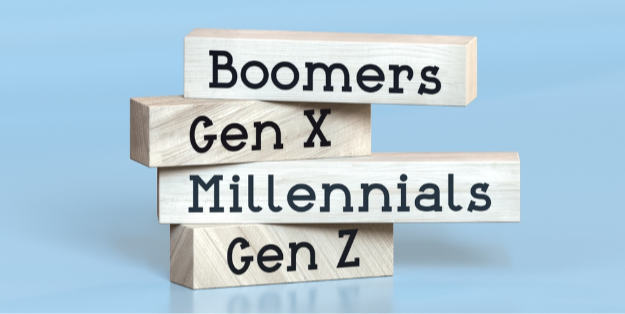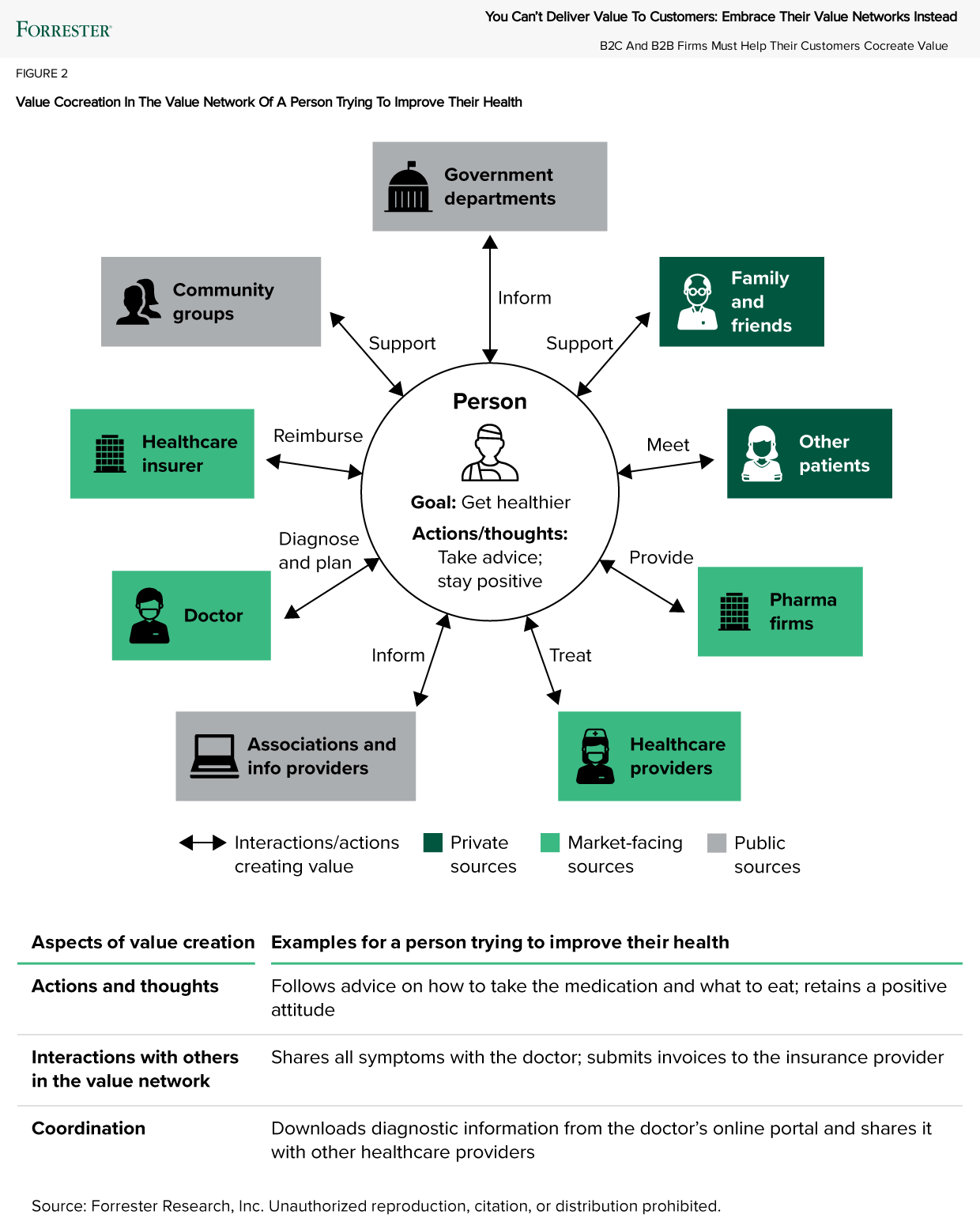PX Media/Shutterstock
In our efforts to better understand people — especially students — it’s natural for scholars and practitioners to turn to theory. Theory helps us find patterns, make predictions, and give meaning to what we observe. As we note in our book, “From Educational Experiment to Standard Bearer,” it is important to design our courses and programs for the students we have, rather than those we think we have or those we desire. The book also advises that we tailor courses like first-year seminars to the needs of our students. Thus, it is critical that we truly understand our students. As such, I am constantly searching for ways to understand who they are and what they need to thrive. One framework that has gained significant traction over the years is generational theory — an approach that attempts to explain the behaviors and values of people based on the era in which they were born.
Generational theory posits that individuals born during the same historical period often share similar characteristics, values, and life experiences due to common social and cultural influences. For example, Generation Z typically includes those born between 1995 and 2010 and is often described as tech-savvy, pragmatic, anxious, and socially aware.
I’ll admit, generational theory can be entertaining and interesting. I’ve laughed at more than a few Instagram reels (yes, I’m old) that declare Generation X — my generation — as the toughest, most resilient group because we drank from garden hoses and rode our bikes unsupervised until the streetlights came on. While amusing, these generalizations can become dismissive, misleading, and harmful. My aim here isn’t to dismiss generational theory outright, but rather to urge caution in how we apply it — especially when our goal is to understand and serve students as individuals.
The Risk of Oversimplification
By definition, generational theory seeks to identify broad patterns among groups of people. And that’s part of the challenge: in order to identify trends, it often has to paint with broad strokes. While traits like technology dependence or shorter attention spans may be true for many in Gen Z, they are not universal — and arguably not even unique to that generation. Most of us, regardless of age, now struggle with digital distractions, information overload, and fast-paced media environments. These are societal shifts, not purely generational attributes.
Even when research is sound and trends are real, problems arise when we allow these trends to become assumptions. When educators begin to say, “This is how Gen Z is,” the statement can easily slide into a stereotype. And stereotypes, even well-intentioned ones, limit our ability to see students as individuals. They can quietly shape how we teach, how we advise, and how we engage.
A Tool, Not a Truth
To be fair, scholars like Seemiller and Grace (2016), who have conducted large-scale empirical studies on Generation Z, caution against exactly this kind of misuse. They argue that generational theory is a tool for identifying patterns, not a blueprint for every person. When used responsibly, it can reveal important cultural shifts — such as Gen Z’s heightened concern about mental health, preference for digital communication, and desire for purpose-driven work — that can help institutions adapt and respond more effectively.
But my concern is that many people misuse this type of tool — to have it serve their own interests and preconceived notions. Generational theory can complement other important frameworks in higher education, but they are not a shortcut for understanding our students at an individual level. The key is to use this tool ethically and critically.
Why Educators Must Be Especially Careful
I believe educators must approach generational thinking with exceptional care. Higher education is a space where relationships, identity, and nuance matter deeply. When we rely too heavily on generational categories, we risk oversimplifying our understanding of students.
I’ve also seen generational framing used in ways that feel legally or ethically questionable. I once attended a professional development session titled “How To Manage Millennials in the Workplace.” It seemed innocuous at first. But then I remembered: age is a protected class under law, just like race and gender. Now imagine a workshop titled “How To Manage Women” or “How To Manage Latinx Employees.” It wouldn’t feel quite right. Why is it acceptable to generalize about people based on age in ways we’d never do with other identities?
This isn’t to say that generational research is discriminatory, but it does require us to be vigilant about how we frame, interpret, and apply the data. Good research can still lead to unintended harm if it’s used carelessly.
Confirmation Bias and the Classroom
Another danger is psychological: confirmation bias. Once we believe something to be true about a group — say, that Gen Z students are less resilient — we may begin to look only for evidence that confirms that belief. Over time, our assumptions can shape our expectations, which in turn shape our students’ behavior. This becomes a self-fulfilling prophecy.
Personally, I try to enter the classroom with no assumptions at all. Even though my students are the same age as my own children, I’m constantly reminded of how unique each person is. I have two Gen Z kids, and they could not be more different — in temperament, worldview, and how they move through the world. If generational theory can’t explain the differences within my own family, how much should I rely on it to explain a room full of diverse students? I do understand that while individual differences among students are undeniable (even among siblings), shared generational experiences do shape how students engage with the world. For example, Generation Z students have grown up during the Great Recession, the rise of social media, climate anxiety, and school shootings. These aren’t just interesting facts — they impact students’ mental health, communication styles, civic engagement, and expectations for institutions. I am not trying to generalize from my n of 2 children, but I do want to caution that we should be looking broadly at trends but also the uniqueness of each individual.
A Both/And Approach
In the end, I am not really arguing against generational theory, but just for a more cautious, critical, and nuanced use of it. Let’s acknowledge that students are shaped by their cultural and historical context. Let’s also remember that they are individuals first –each with their own stories, struggles, identities, and aspirations.
Our job as educators isn’t to categorize — it’s to connect. Generational insights may help us prepare, but real understanding happens only when we engage with students directly, without assumptions, and with genuine curiosity.



























